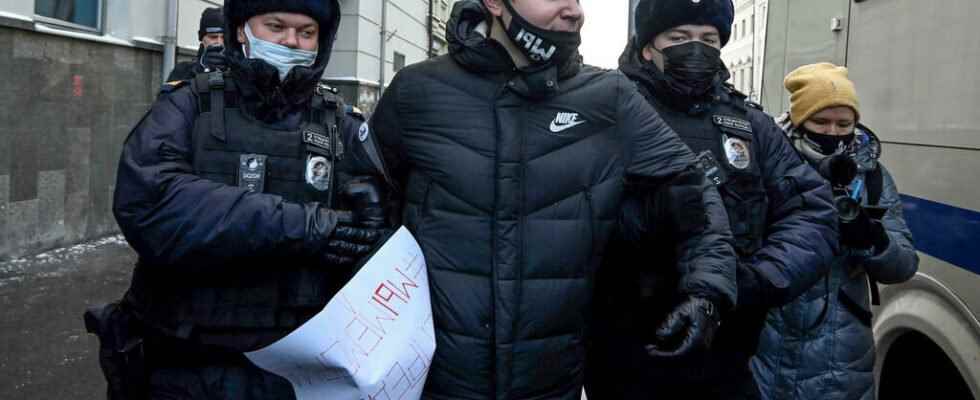The Russian Supreme Court ordered, this Tuesday, December 28, the dissolution of the NGO, pillar of the defense of freedoms in contemporary Russia and guardian of the memory of the Gulag. A new level in the repression which accelerated throughout the year 2021.
From our correspondent in Moscow, Jean-Didier Revoin
It would have taken a miracle. But it did not happen. The oldest and most respected human rights organization in Russia has been dissolved by the courts. Reason: it did not respect its obligations arising from its status of “foreign agent”, equivalent to the enemy of the people under the USSR.
►Also listen: Russia: why is the NGO Memorial threatened with dissolution?
This verdict once again illustrates the policy of the authorities who seek to impress, dissuade or silence voices that are too critical of power. The large international echo, the significant movement of support that appeared around the world, will have served no purpose. The Memorial prosecutions are the product of the clash of two visions of Russian history: shedding light on the millions of victims of crimes in the USSR to avoid a return to totalitarianism and the glorification of the power of the Union the Soviet Union against Nazi Germany, minimizing Stalin’s repressions.
This dissolution of Memorial International comes after those of all the organizations founded by the opponent. Alexey Navalny and the classification as “overseas agents” of multiple NGOs, media outlets or even individuals since the start of the year.
►Also listen to the series proposed by Valérie Nivelon: The voices of the goulag
This decision of the Supreme Court marks a bit of a step backwards, according to Françoise Daucé, director of studies at the School of Higher Studies in Social Sciences, specialist in Russia and member of the NGO Memorial France. According to her, “ this decision is disastrous for the association itself, for all of its members, but also for the whole of Russian society today and the possibility of acting and expressing themselves freely. “.
We have the impression of facing a rather fatal turning back. We are 30 years to the day almost after the fall of the USSR. And we have the impression of seeing a return to the Soviet period …
Françoise Daucé, director of studies at EHESS
